- Availability: 6
- Made & Mkt by: Kalava Crafts
- Product Code: 4031-AS-06
- Weight: 500.00g
- Dimensions: 30.00cm x 30.00cm x 15.00cm
Available Options
The typical dispatch time is 2-3 days; however, in special cases, it may take longer. Please refer to the product details section for specific timelines. Once dispatched, we will share the tracking details with you.
For returns, you can file a request within 24 hours of receiving the product. If the package is damaged, please make a video while unboxing and share images of the damaged item along with your return request.
9328006304 ( WhatsApp )

The East India Company imported raw cotton from India while they dumped the local Indian market with inferior machine-made cloth. This led to a great decline in the handloom industry. The khadi weavers were first affected with the subsequent establishment of the powerlooms in India. Imitations of the hand-woven saris and garments were dished out, making it much cheaper and severly affecting the rural scenario. During the Second World War (1939-1945) majority of the Indians turned to hand woven saris.

This was further supported by the Swadeshi Movement initiated by Gandhiji where women turned to hand woven khadi fabric in order to shun the English machine made fabric. The effect of the mill spun fabric continued to affect the handloom sector even post-independence.The extent was so large that the Government of India had to ban powerlooms producing certain textiles, one such being the sari. The Government took active interest in reviving traditional saris to prevent it from extinction and provide handloom weavers with a livelihood through the Janata Scheme.



| Craftsmen | |
| Made by | Artisans Works with Kalava Crafts |
| Returns and Exchange | |
| Note | ♦ The items in this category are non refundable but you may exchange this product with any other product from the same category. ♦ The products in this category is handmade. ♦ The product is only eligible for a refund in the case of damage or defect. |
| Material | |
| Made of | Cotton |
| Instruction | |
| Note | ♦ Imperfections and variations in the product cannot be termed as defects, as these are intrinsic to the handmade process. ♦ These might slightly differ from as seen on digital screen. |
| Care | We advise dry cleaning it for the first time and subsequently hand wash with a mild detergent like Eazy or Genteel. |

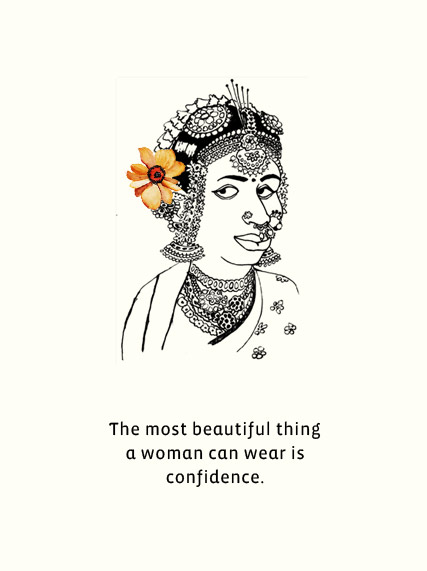

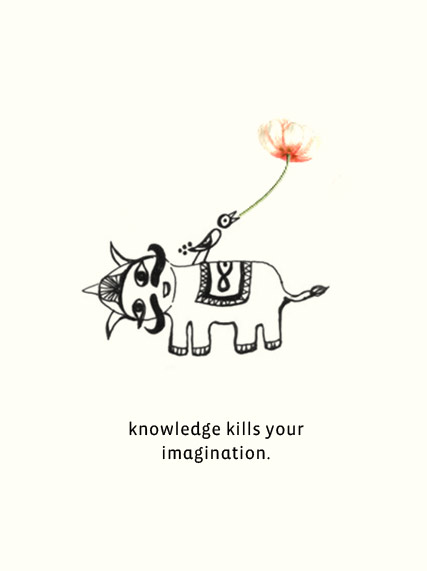

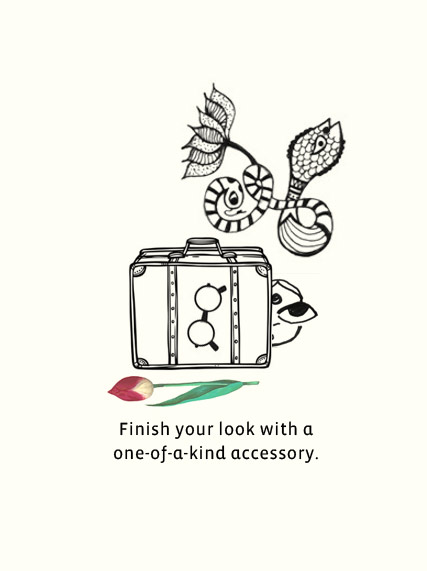
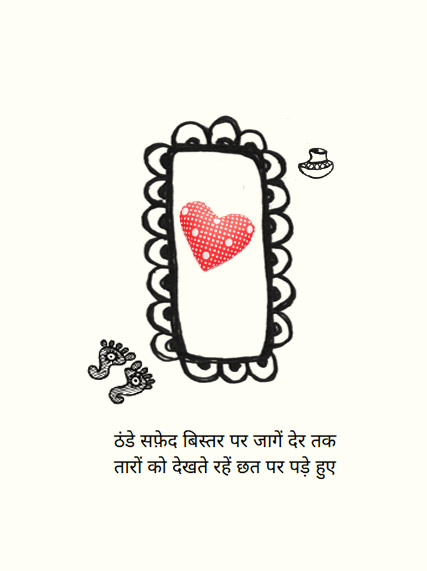

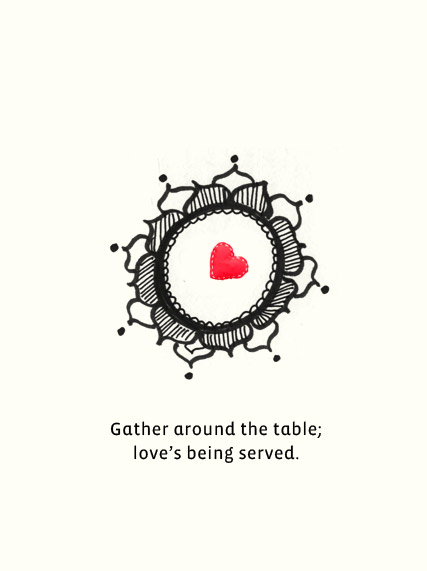

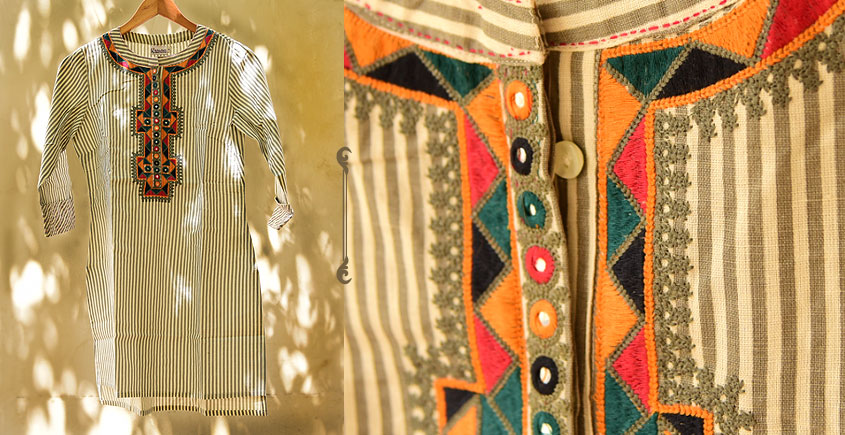

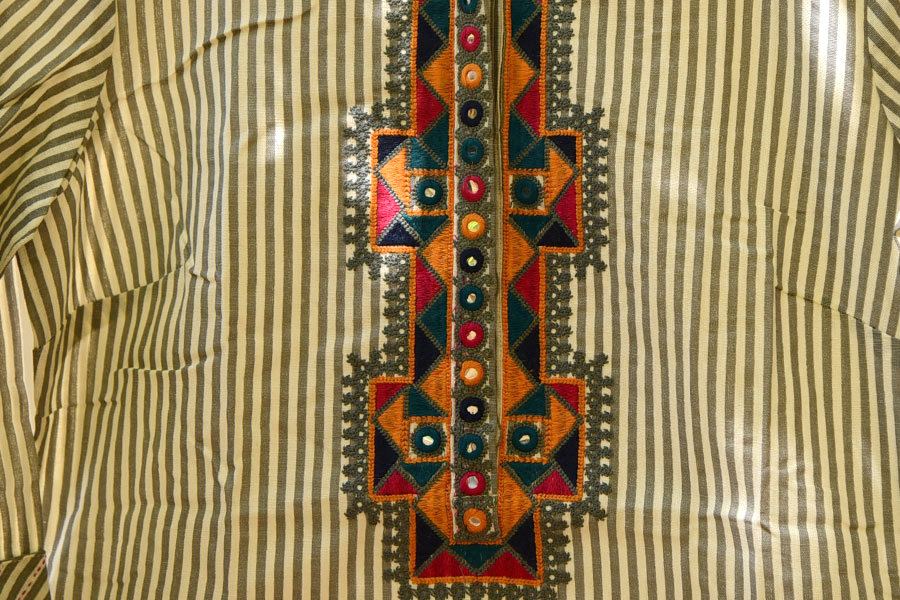
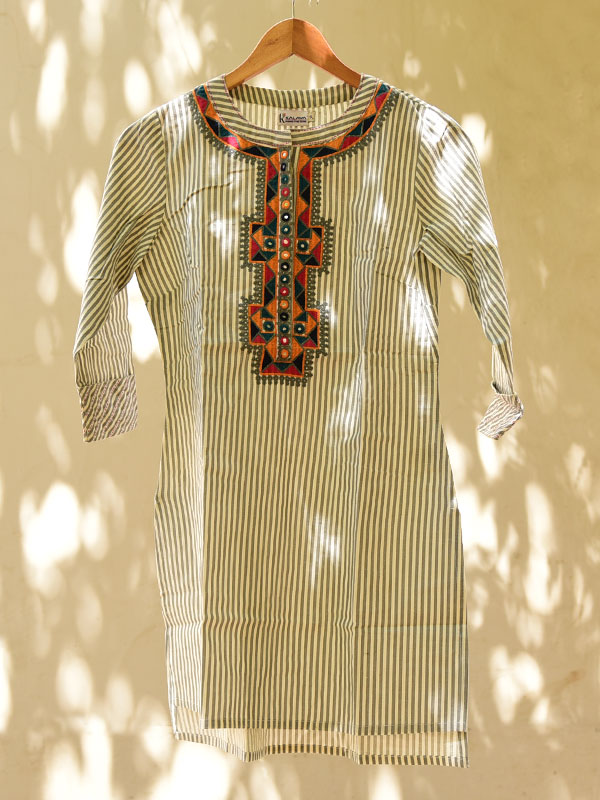
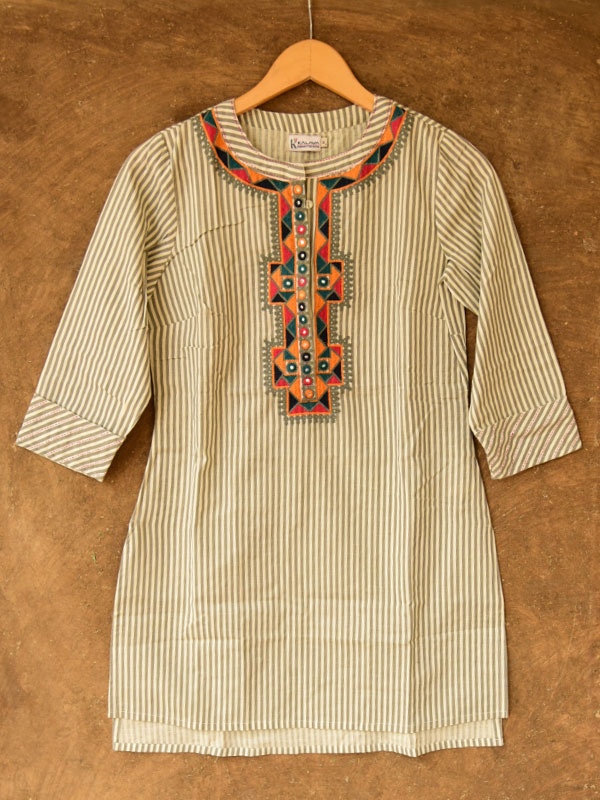
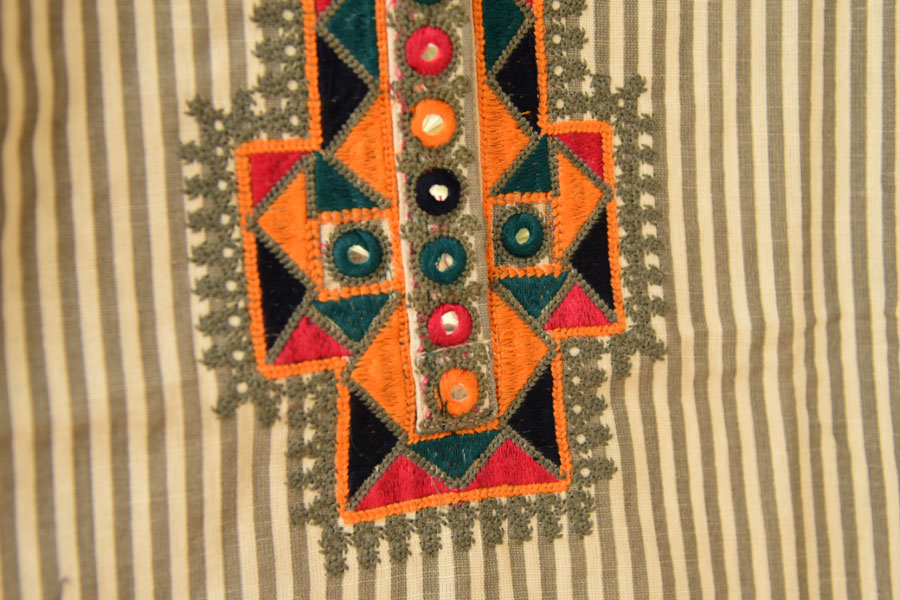






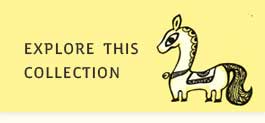
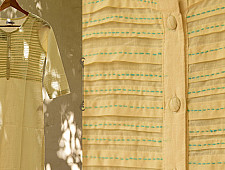
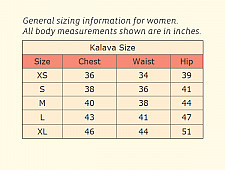
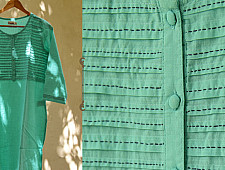
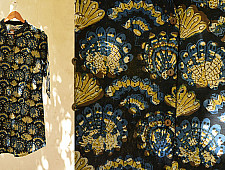
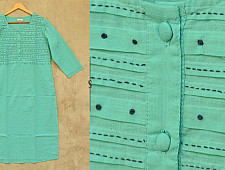
-225x150w.jpg)
-225x150w.jpg)
-225x150w.jpg)
-225x150w.jpg)
-225x150w.jpg)
-225x150w.jpg)
-225x150w.jpg)
-225x150w.jpg)
-225x150w.jpg)
-225x150w.jpg)
-225x150w.jpg)
-225x150w.jpg)
-225x150w.jpg)
-225x150w.jpg)
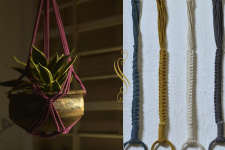
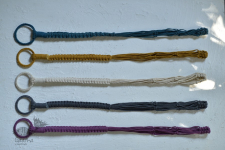
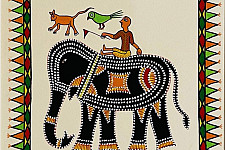
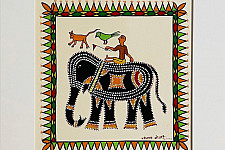
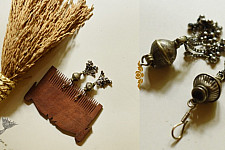
-225x150.jpg)
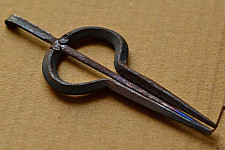
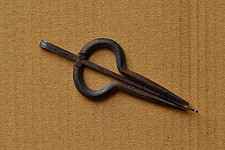
-225x150w.jpg)
-225x150w.jpg)
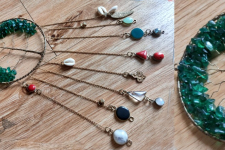
-225x150w.jpg)
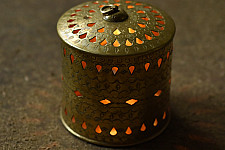
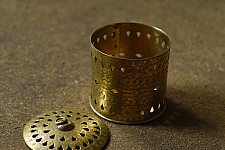
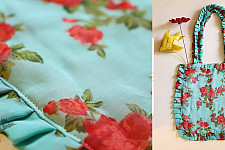
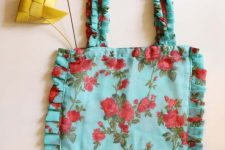
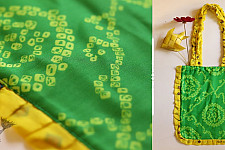
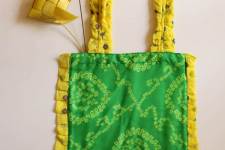
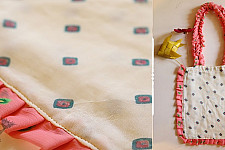
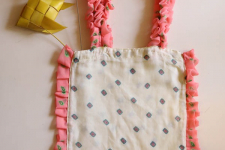
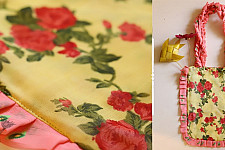
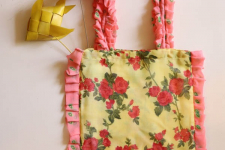
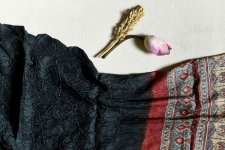
-225x150w.jpg)
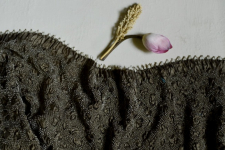
-225x150w.jpg)
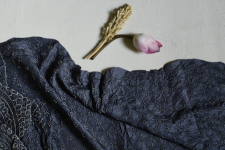
-225x150w.jpg)
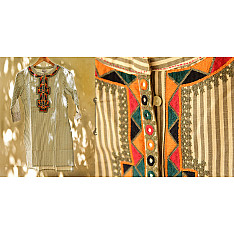
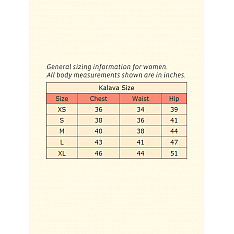
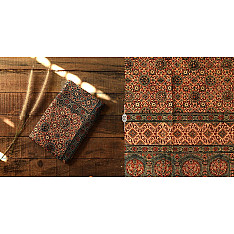
-234x234w.jpg)